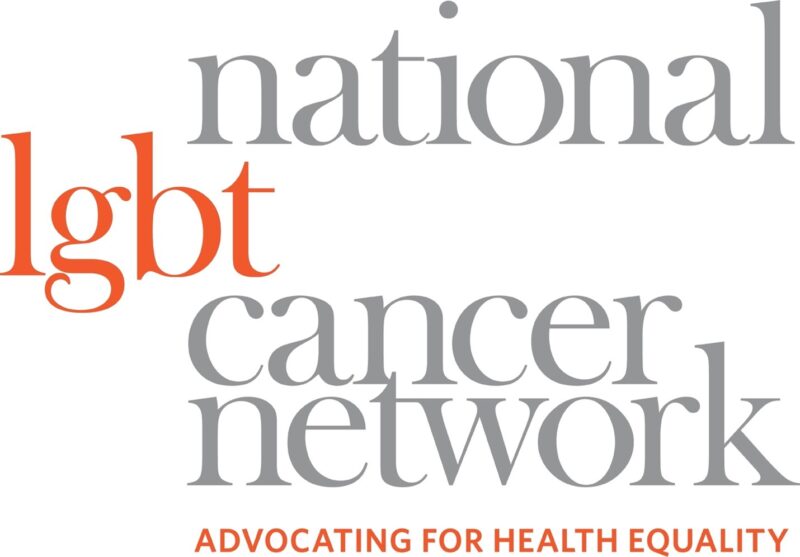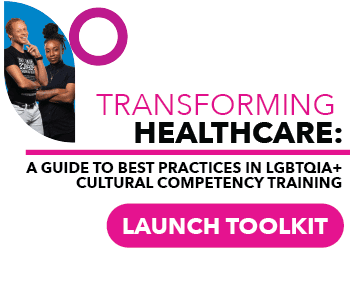Access Transforming Healthcare: A Guide to Best Practices in LGBTQIA+ Cultural Competency Training




“We’re so grateful to all our partners for participating in this comprehensive endeavor to change the landscape of how we train doctors and other healthcare workers to care for their LGBTQ patients” says Whitman-Walker Institute Executive Director Dr. Kellan E. Baker. “DC is the only jurisdiction in the country to require healthcare providers to receive regular training in LGBTQ cultural competency. We hope this tool and our work with partners across the country will equip every care provider to be confident, sensitive, and knowledgeable in serving LGBTQ people and their families.”
The guide is the culmination of 3 years of collaboration between expert physicians, psychologists, researchers, educators, trainers, and patient advocates from across the United States, including Whitman-Walker and the National LGBT Cancer Network; Howard Brown Health; Fenway Health; Mount Sinai Hospital System; Callen-Lorde Community Health; the UCSF Center for Excellence in Transgender Care; the medical schools of the University of Chicago, Northwestern University, George Washington University, and the University of Pittsburgh; the Human Rights Campaign; the AIDS Foundation of Chicago; and other partners.
“We are thrilled to elevate the combined expertise of so many experienced community leaders” says Dr. Scout, the Executive Director of the National LGBT Cancer Network. “Demand for these trainings has grown so much recently. Providers are clearly hungry for this information. They need resources like this to ensure they greet every patient with cultural humility and respect and so that they can provide the exceptional care experience we all deserve.”
###
